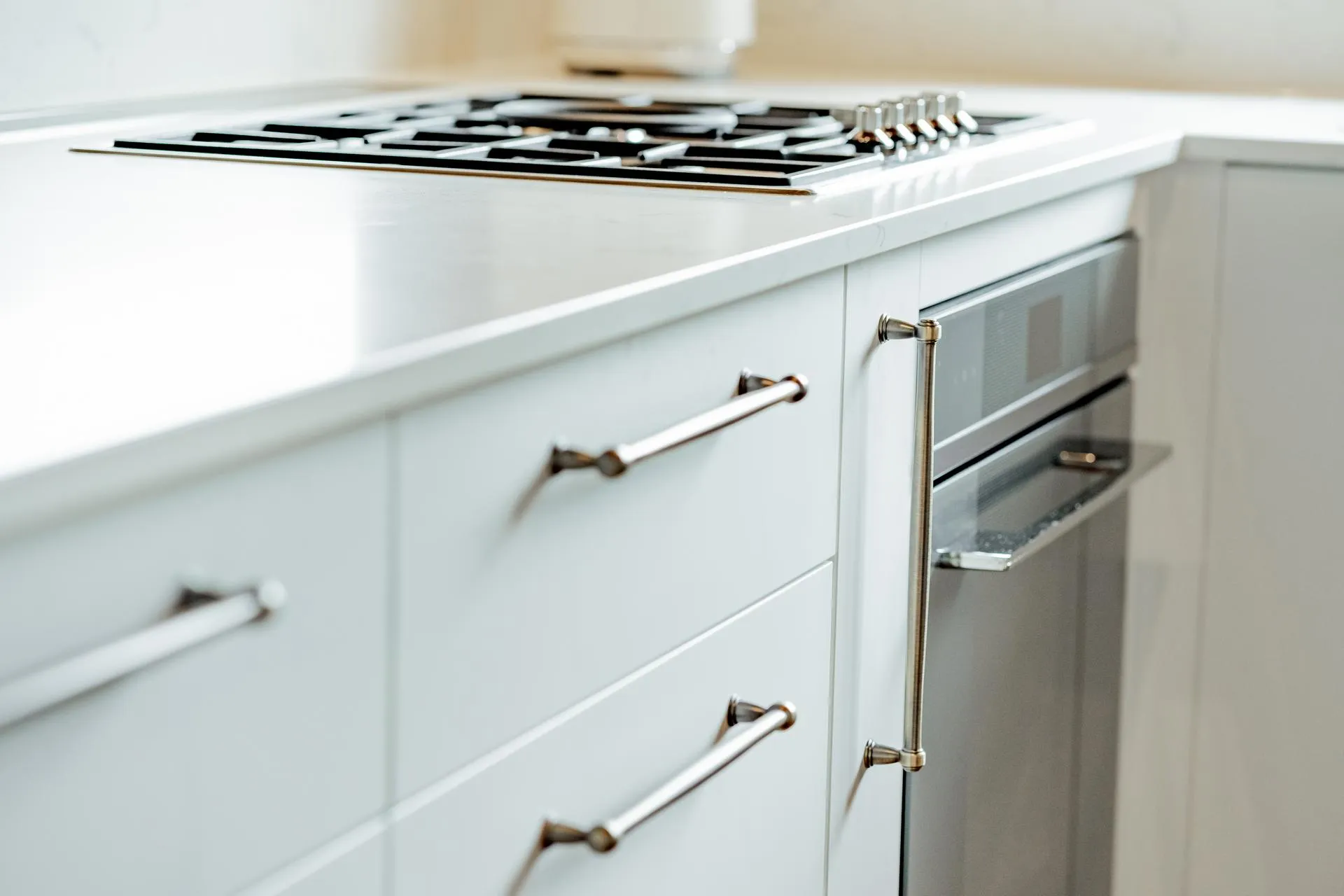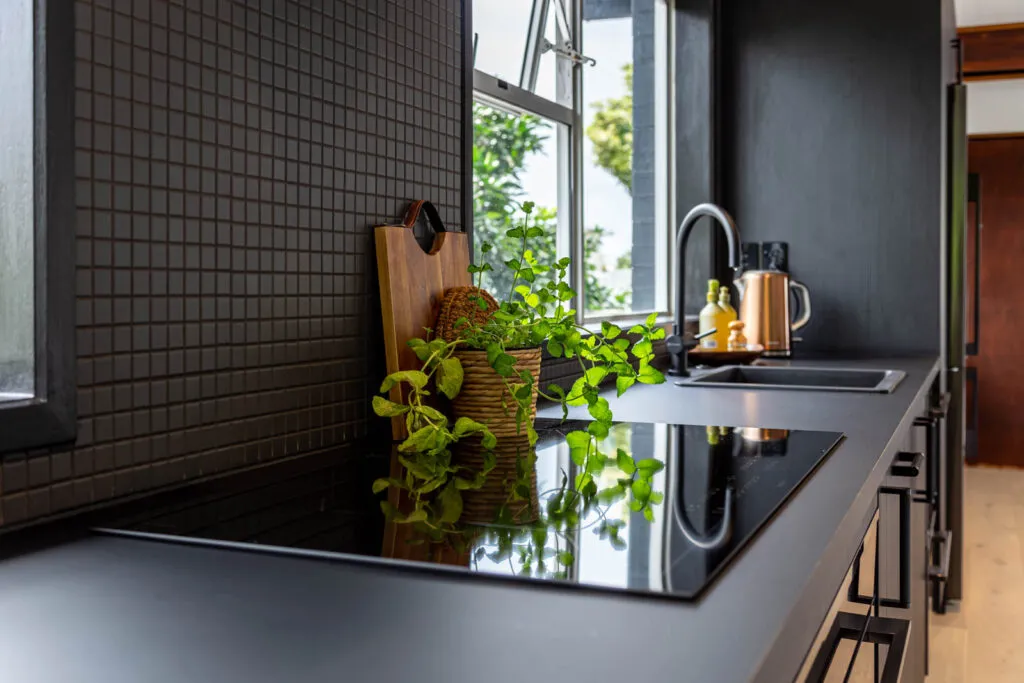Taking a blind bit of notice


Taking a blind bit of notice
by | May 5, 2020 | Property Investment
Privacy, temperature control, functionality and nice décor are important when it comes to your home’s window furnishings and it’s no different for tenants. While decent quality, ready-made curtains or blinds are often sufficient for rentals, it is important to consider how they may impact everyday living for your tenants.
Blinds look smart and are ideal for daytime privacy but they don’t hold in as much warmth as curtains or give the same night time privacy. Curtains also enhance décor and have good thermal qualities but they do not provide for daytime privacy or block out unattractive views.
BLINDS
The most common blinds are Venetian blinds (horizontal slats), vertical blinds, sun-roller blinds and block-out roller blinds, Graeme Tearle, of Furnish NZ, who works with Maintain To Profit on fitting out rentals, says privacy comes down to the location and use of the room.
“Blinds are particularly good for daytime privacy because you can retain light coming in and some vision out but not the vision in,” Tearle says.
“But because of the moving parts required for functionality, blinds don’t fully cover the window so you don’t get total block-out of vision in at night – there are always little gaps.”
He recommends curtains for a room where full block-out at night is a priority and daytime privacy is not much of an issue. Blinds on the other hand could be ideal for a bedroom or lounge facing on to a busy street where people can easily see in during the day.
Blinds are also good when trying to block off a bad view, like a wall or a neighbouring house.
Sun direction is an important consideration when choosing window coverings. Tearle says sun-roller blinds are a great way to mitigate the sun’s rays, especially the northern heat and nor-western heat and glare. Sun-roller blinds are made of a mesh type material and are popular in lounges and kitchens. They provide coolness in the daytime while maintaining a view out, have a minimalist look and can be used in conjunction with curtains.
“It is less of a visual barrier out than a venetian blind or a timber blind.”
People often opt for Venetian or wooden blinds in the kitchen for the look and functionality. Most bathrooms have frosted glass windows but blinds can also be used, although they will likely deteriorate faster near water.
Wooden blinds and shutters are also options in living areas and bedrooms but can be costly and are generally used in higher value homes.
CURTAINS
Curtains come in all sorts of colours, fabrics and textures so you can be as creative or as simple as you like.
“In rooms where décor is paramount like in the lounge and dining areas, curtains look really great because of the fabric, the pattern and the configuration – all these factors can really enhance décor,” Tearle says.
While blinds have some thermal qualities, curtains hold the warmth in better. Curtains can only be open or closed (opposed to being slanted up or down or partially drawn like blinds) but tend to be more robust than blinds, especially if children are in the household as kids may handle blinds more roughly.
When choosing curtains for a rental, it is often best to stick to neutral colours for wider tenant appeal rather than designs or patterns that only some people will like.
Karen Warman, of Resene, says it can also be easier to keep window furnishings fairly consistent throughout a rental, perhaps switching to blinds in the kitchen. She recommends thermal lined or block-out lined curtains. “The more south you go, the more important thermal lined or block-out lined curtains are for keeping in the heat,” Warman says.
Ideally, the thermal curtains have a separate piece of fabric rather than just a coating as the extra piece of material helps to insulate the window better.
Lined curtains in bedrooms will also give the room’s occupants a better sleep. Make sure the curtains run full length to the floor and cover the window on either side.
“These types of curtains block out sunlight and have the added bonus of providing extra insulation to a room, keeping it warmer in winter and cooler in summer.”
Curtains are better for allergy sufferers also, she says, as they tend to collect less dust. They can be well suited to rentals where older people or anyone with health problems are likely to live.
“Blinds tend to collect dust quickly as it can settle in and around grooves – bad news for asthma sufferers and those with respiratory diseases,” Warman says.
“Curtains can be made from light airy materials that don’t attract dust mites as readily as blinds do.”
READY-MADE VS. CUSTOM-MADE
Whether you opt for ready-made or custom-made window fittings will come down to a number of factors including your timeframe, total configuration, look and, of course, budget.
It is relatively easy to find good quality and reasonably-priced ready-mades. They cost less than custom-made but generally use lower quality materials with a smaller choice of colours and designs. Ready-made curtains are handy if you need to sort window coverings quickly or if you expect them to be damaged or replaced.
Ready-mades may not be an option if you have large or odd-sized windows but are quite easy to install. Remember the track is the foundation of the curtain and it is important to install it correctly. Make sure you also follow the curtain hanging instructions – poorly fitted or hung curtains can look awful and can drag on the floor gathering dust, dirt and animal fur, or they can be too short and not function properly.
Consider having your curtains or blinds professionally made and installed. The upfront cost is more but the durability, look and quality is likely to be better. Being made to measure means they will fit the space much better and the higher quality materials will generally be more resistant to fading or damage and should last longer.
If you are offering furnished accommodation then curtains can also be made to match such soft furnishings as cushions.
It is never a bad idea to seek professional advice on window coverings, to not only help with the look but also with the functionality and operation. A little extra money and time up front can save headaches, time and money later on.
ONGOING MAINTENANCE
Venetian blinds will gather dust and require regular dusting while vertical blinds and roller blinds tend to keep relatively dust free.
Curtains also collect dust in fabric folds and should be washed, vacuumed (using a small, handheld vacuum and brush) or dry-cleaned from time to time. Curtains in areas around kitchens and fireplaces can collect dust and dirt quicker.
Always check the instructions before cleaning and test a small patch first to make sure the colour doesn’t run. Always soft wash curtains. Be careful with thermal-backed drapes as the laminated latex does eventually wear off. Hand washing with warm water and mild detergent is usually best for polyester, polyester blends, printed cotton and linen. You can also press curtains to keep them looking good.
Renovate with Us
MTP Renovations are one of New Zealand’s leading renovating specialists, we have helped hundreds of satisfied clients - now its your turn!

